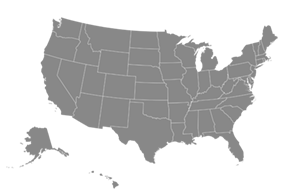


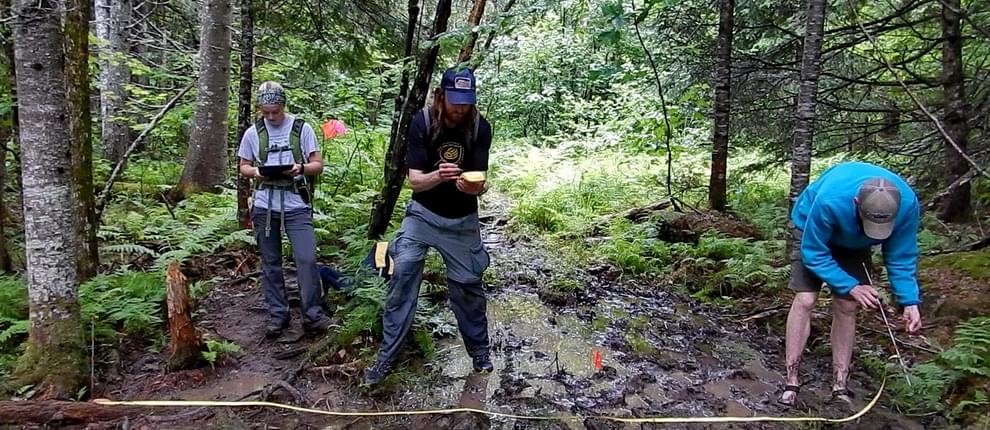

Subscribe to our mailing list for notifications on our latest trainings.
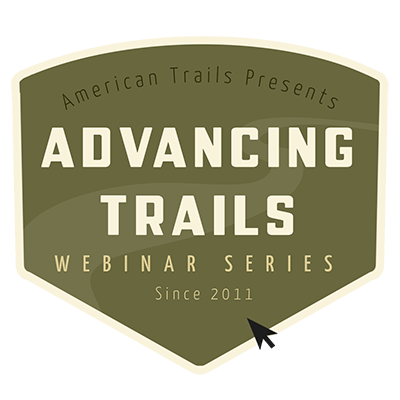
This webinar will describe the three most common forms of trail impact, identify the most influential factors to develop and maintain sustainable trail networks, and discuss methods for rating trail sustainability.
Presented by:
** This event has passed **
July 14, 2022
10:00 AM to 11:30 AM (Pacific Time) {more time zones}
Cost (RECORDING):
FREE for membersNote:
Closed Captioning is available for this webinar.
Learning Credits are available for this webinar.
This webinar is free. Would you consider a donation to support this webinar?
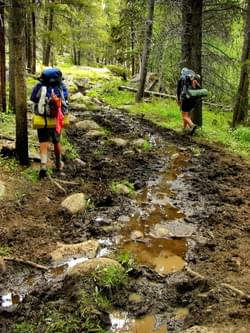
A “sustainable” trail or campsite can accommodate the intended type and amount of use over time without unacceptable levels of degradation or maintenance. This webinar will briefly describe the three most common forms of trail impact (trail soil loss, widening, and muddiness) and share findings from trail science studies conducted on the Appalachian Trail and other protected areas. These will focus on identifying the most influential factors that can be manipulated to develop and maintain sustainable trail networks, including trail grades, trail alignments (fall line vs side-hill), tread substrates, and tread drainage. Methods for rating trail sustainability will be presented, along with sustainable trail “Best Management Practices.”

This webinar qualifies as a Health, Safety, and Welfare (HSW) course (via LA CES).
U.S. Geological Survey: Newly developed trail planning tool by USGS can help with determining trail locations, alignments or grades for both existing trails or planning for new trails or connecting trails or access:
Jeffrey Marion, Ph.D., Federal Scientist, U.S. Geological Survey
Blacksburg, Virginia
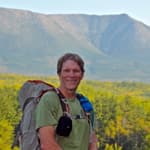
Jeff Marion is a Federal Scientist with the US Geological Survey, and is based out of Virginia Tech as an Adjunct Professor. His research specialty is Recreation Ecology, in which he investigates the environmental impacts of visitor use in protected natural areas, primarily national parks. His research has focused on visitor impacts to trails and campsites and the development of sustainable “Best Management Practices.” He was a founding member of the Leave No Trace Board of Directors, chaired the committee that guided development of the Leave No Trace principles and practices, and authored the LNT Center’s official book “Leave No Trace in the Outdoors.”
We are offering closed captioning for our webinars, thanks to a partnership with VZP Digital. If you are in need of this service, please email us prior to the webinar. An unedited transcript will be sent to all attendees following the webinar.
American Trails is proud to be a certified provider of the following learning credits and continuing education opportunities:
Learning credits are free for attendees for American Trails webinars and the International Trails Symposium, as well as for other conferences, webinars, and workshops we offer credits for. Learn more here.
While we may individually agree (or disagree) in whole or in part with any or all of the participants, the views expressed in these webinars are not necessarily representative of the views of American Trails as an organization or its board and staff. Unless specific situations are noted by presenters, nothing in American Trails webinars should be considered to be interpreted as a standard.
By registering for our webinars, you submit your information to the webinar organizer and associated presenters and sponsors, who may use it to communicate with you regarding this event and their other services. Your organization may also be added to the American Trails Business Directory. You can easily cancel your registration at any time.
6,947 views • posted 06/15/2022
